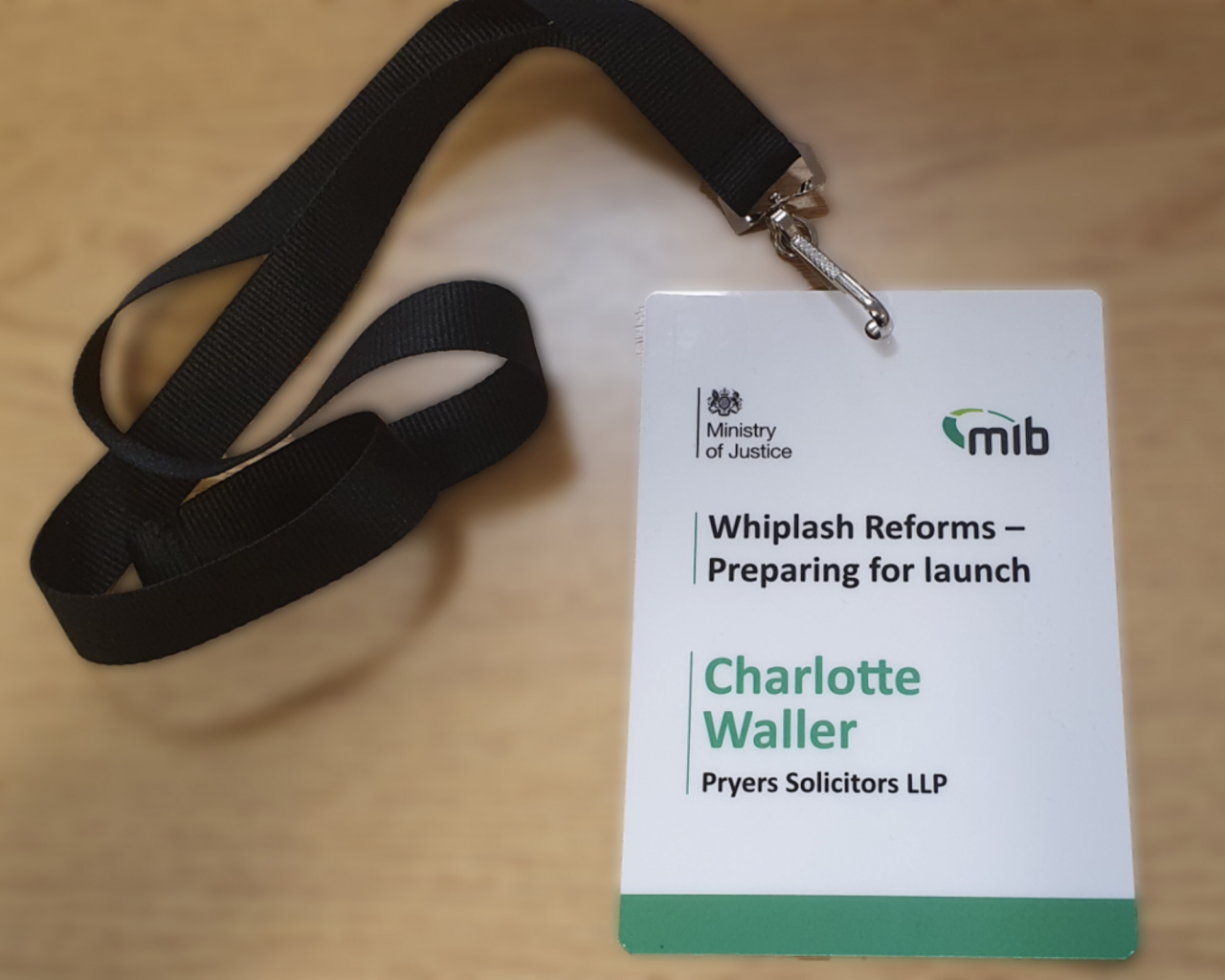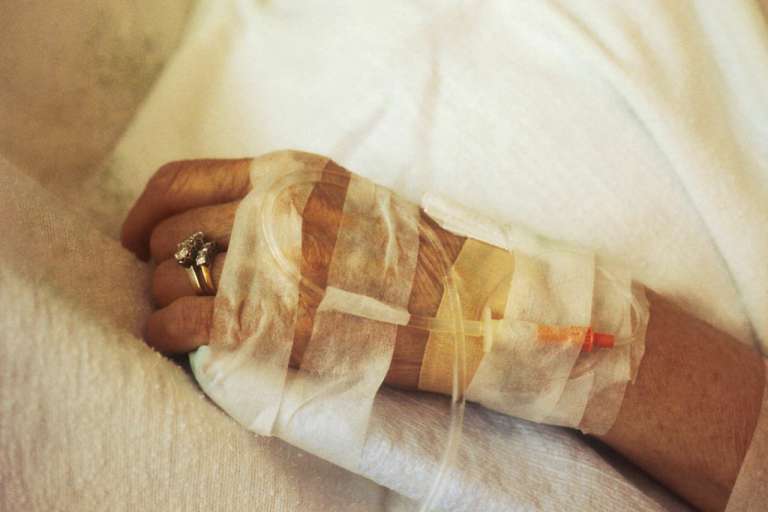I attended “Whiplash Reforms – Preparing for launch” conference today in Manchester hosted by the Motor Insurers’ Bureau (MIB).
The audience comprised predominantly of PI lawyers like myself, insurer and medical agency representatives.
I had wondered if the conference would go ahead after last week’s announcement that the implementation of the reforms was to be delayed until 1st August 2020. However, the MIB were eager to proceed as planned as they had much to share with the audience about the progress they have made so far.
The MIB were tasked with the practical design and implementation of the new claims portal onto which, come 1st August, all low value road accident whiplash claims must be submitted. Garry Luxford of the MIB emphasised the degree of testing which had already gone into their portal and the remaining work to be done once the government announces the final details shortly, we hope.

Obviously, the PI lawyers in the audience were keen to ensure that this new portal, which it is envisaged that most injured Claimants will access without solicitor representation, will not deny access to justice. Garry Luxford emphasised that they have a Customer Care team set up already, with the facility to expand rapidly and sizeably once we reach the August implementation. There will also be a conference call facility for those who do not speak English – with interpreters provided free of charge (in the top 10 languages in the UK).
Jake Rimmer from the MIB gave a visual presentation of what their new website/portal will look like. The site is called “Official Injury Claim” (officialinjuryclaim.org.uk). I have to say that Jake made navigation of the site look simple and easy to use, both for unrepresented Claimants, for solicitors and for motor insurers. But how that translates to actual user experience is yet to be proved. Further work still has to be done by the MIB but they can not complete that until Parliament approves the new tariff figures which will dictate the value of whiplash and raises the Small Claim Limit from £1,000 to £5,000 for these claims.
Richard Hutchinson spoke via video. He confirmed that whilst both infants and protected parties will be exempt from the new small claims increase, they will still be subject to the new tariff. Richard had also apparently, the day before, indicated that the anticipated published tariff will not differ greatly from the original draft outline.
After the recent news that an ADR system was not going to be implemented by the MIB, we were all eager to learn how disputed claims would be tackled under this new system. Martin Saunders of the MIB explained that if liability is fully denied, the Claimant has the automatic right to request the case be transferred to Court for a liability decision. Then, assuming that Court outcome is favourable to the Claimant, the case will refer back to the new portal for quantum evidence to be obtained. Unsurprisingly the Claimant Solicitors in the audience were concerned that (a) the Courts are already extremely overworked which means this will slow the progress of the claim and (b) the Claimant is expected to pay the HM Courts and Tribunals Service (HMCTS) issue fee which may well deter many unrepresented Claimants.
My concern, a concern shared by others over lunch, is that there is nothing stopping motor insurers simply denying blame more and more, safe in the knowledge that the average unrepresented Claimant will be deterred from taking this to Court, particularly when the new tariff means that the Claimant has much less to gain financially if he/she wins. The MIB tried to reassure us that there will be a robust monitoring of the behaviour of the insurers to tackle such a possible trend in behaviour. We shall see.
The audience raised a few other concerns. For example, the new portal allows a motor insurer to notify the medical expert if they have concerns about causation but there is no equivalent “box” built into the portal to allow the Claimant to comment/clarify to the expert. The MIB representatives were reassuringly eager to listen to the suggestions off the audience as to potential hic-cups and confirmed they would take away the points raised to discuss further.
A final question from a gentleman in the audience was that some injuries may not neatly fall into the tariff. When that happens, how will an unrepresented Claimant know if their settlement offer is good or bad? The MIB’s reply is that they are tasked with implementing the system, not to address how unrepresented Claimants can secure legal advice. That is the flaw – an inequity of arms.






